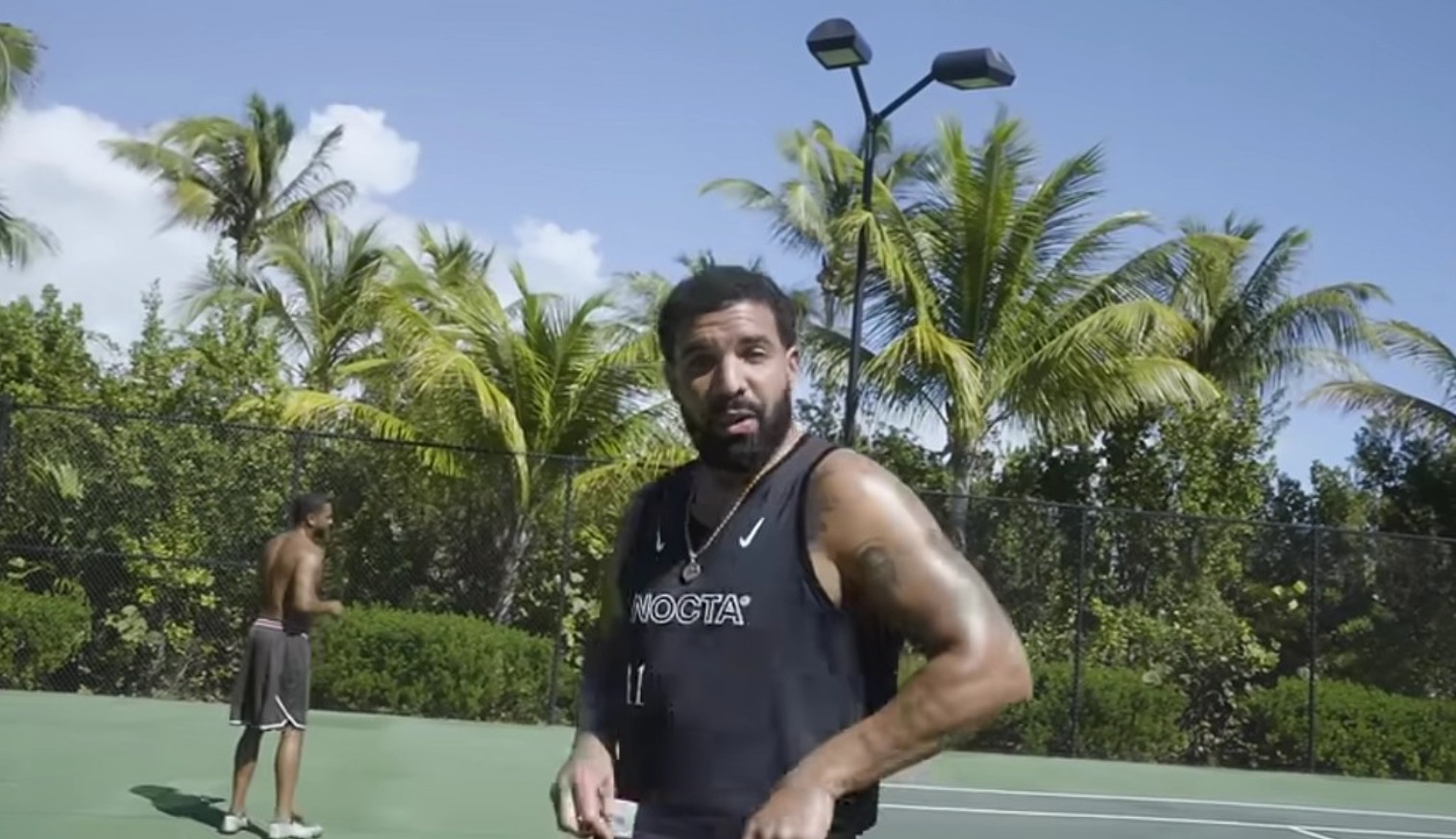Drake in Public Clash with Stake: From “Snake” Insult to Withdrawal Battle
Drake is calling out Stake, a cryptocurrency gambling site, for not letting him take out money.

Photo: Drake on a Stake tour (screenshot youtube.com/@StakeCasinoTV)
Famous Canadian rapper Drake has escalated a very public feud with crypto-gambling platform Stake, one of the top crypto bookies globally, moving from a verbal dig to accusing the company of blocking his payouts — and the drama is unfolding fast.
A Sudden Gambling Break—With Harsh Words
Drake first announced he was taking a break from gambling and took aim at Stake, calling its owner a “snake” during a livestream with fellow influencer Trainwreck.
The scathing commentary stemmed from frustrations over how Stake handles its promotional talent, with Drake apparently feeling mistreated despite his long-standing ambassador role.
Withdrawal Attempts Blocked: “Is It Personal?”
Just days later, Drake further intensified the conflict. On his Instagram, the rapper shared a screenshot from Stake’s customer service message stating: “We were unfortunately unable to process your last withdrawal attempt as well.” Drake captioned it: “4 withdraw attempts blocked on @stake with no explanation…Is it personal?”
During the same livestream, Drake directed his anger more specifically at Stake co-founders Ed Craven and Bijan Tehrani, accusing them of disrespecting the talent that helped build the platform. Shortly after, Drake reportedly cut ties with Stake and even deleted his Kick streaming account.
Context of Drake’s Dispute with Stake
Drake was one of Stake’s most influential ambassadors. Reports suggest his endorsement deal was valued at around $100 million annually, highlighting the magnitude of this fallout. This clash follows earlier reports of Drake posting an $8.2 million loss over a month of wagering via Stake—underscoring the scale and visibility of his gambling activities.
Drake’s highly publicized criticism puts the spotlight on influencer partnerships with gambling platforms and raises questions about sponsor responsibilities, transparency, and treatment of talent.








